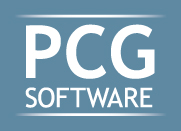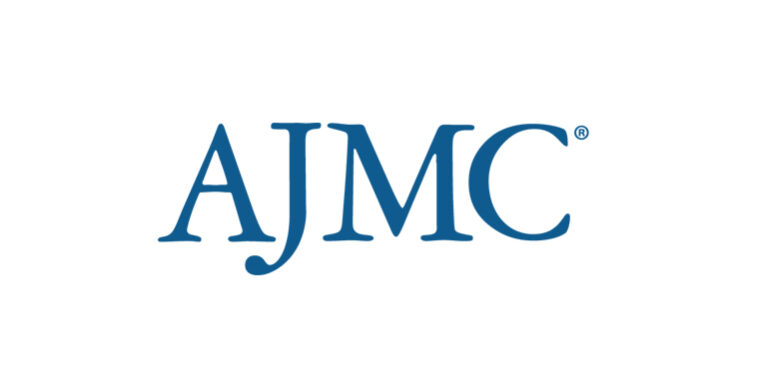As co-pays and deductibles in Medicare and commercial health plans become more prevalent, so, too, does the temptation to waive them. But beware.
If providers routinely waive forms of cost-sharing, such as co-pays and deductibles, or advertise “no out-of-pocket costs,” or “insurance-only billing,” they not only hurt their practice’s financial health, they may be committing insurance fraud and abuse.
Patients are responsible for copayments and deductibles. When providers routinely waive co-insurance requirements, it is unlawful because it results in: 1) false claims, 2) violations of the federal Anti-Kickback Statute, and 3) excessive use of items and services paid for by Medicare.
The only legitimate reason to waive co-pays and deductibles is the patient’s genuine financial hardship. Documentation in patients’ own handwriting must include income; assets; expenses, including the local cost of living; family size; and the extent of their medical bills.
Some providers naively waive co-pays and deductibles to be “good guys” and help patients or to save the expense and hassle of chasing the funds after service. However, when providers do this, they misrepresent true charges, inflate health plan costs, and increase taxpayer burdens.
For example, if a provider, practitioner, or supplier claims that a service charge is $100, but routinely waives the co-pay, the actual charge is $80. Medicare should pay 80% of $80 ($64), not 80% of $100 ($80). As the sign said in my father’s hardware store, “There is no free lunch.” Someone has to cover the $16 payment discrepancy and usually it is all of us as health consumers and taxpayers.
Practitioners who knowingly commit healthcare claims fraud by waiving copays and deductibles, face dire consequences. By showing ”reckless disregard of the law,” they face, in addition to staggering legal fees and criminal and administrative fines, exclusion from participating in federal healthcare programs, not to mention loss of their credibility, reputation, practice, livelihood, and freedom if they land in prison.
Consider the case of Asad Qamar, MD, the nation’s top Medicare billing cardiologist ($18 million) in 2012. The Sarasota, Florida, physician is facing multiple lawsuits claiming he performed possibly thousands of unnecessary medical procedures, and paid patients kickbacks by waiving their Medicare copayments to encourage them to approve more medical procedures. Dr Qamar and the Institute of Cardiovascular Excellence allegedly billed for expensive and risky interventional procedures when, in fact, less costly procedures were performed, defrauding the federal and state government of tens of millions of dollars.
To read the full article, visit the American Journal of Managed Care.





